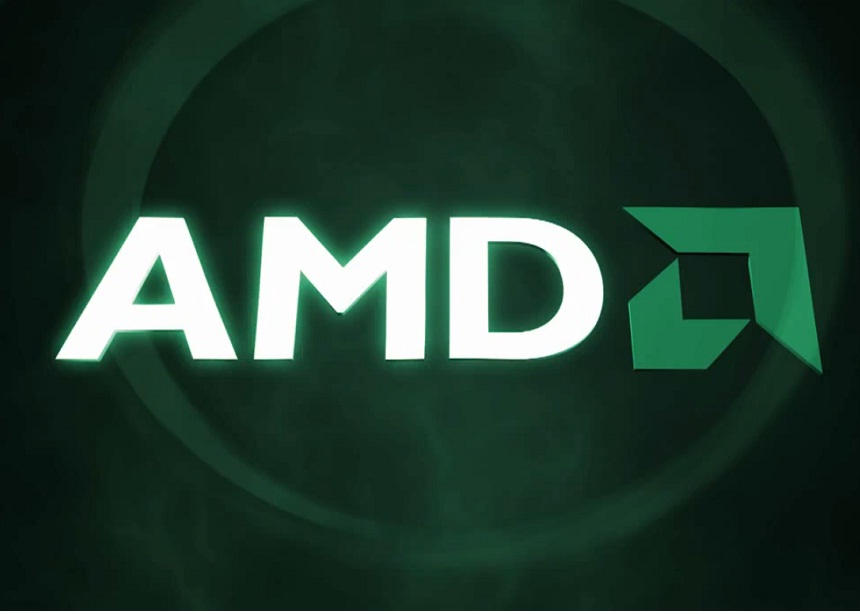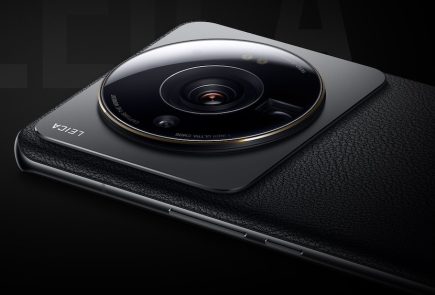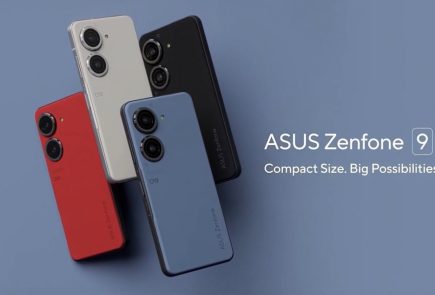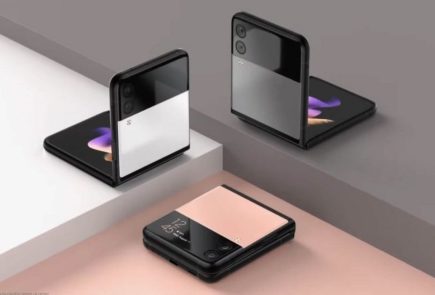AMD Set To Release Its First ARM-based Chip in 2014.

Advanced Micro Devices (AMD) is to release its first ARM-based chip in 2014.
The central processing units (CPUs) will power computer servers used to run websites and smartphone app services.
The US firm said the move would let it offer more energy efficient products.
It is significant because AMD – alongside Intel – has been one of the key forces behind the rival x86 chip architecture.
AMD added that it was also considering making ARM-based chips for consumer-targeted computers, but no decision had been made as yet.
The company follows in the steps of Dell and HP which have previously announced plans to build ARM-based servers.
The news is a coup for the British chip designer. Cambridge-based ARM designs and licenses its chip architectures but does not manufacture processors itself.
Its creations already dominate the smart device market, powering most tablets and smartphones. Licensees including Apple, Samsung, Qualcomm, and Nvidia.
AMD said it already accounted for about 4-5% of the x86-based server market, but had responded to demand for “denser server clusters” in which more processors are packed into a smaller space, creating the need for chips that produce less heat and consume less energy.
“For the energy and space efficiency that the mega-data centres require ARM processors are always the best approach,” Suresh Gopalakrishnan, general manager of AMD’s server division, told the BBC.
He added that the shift towards smartphones and tablets had led to a rise in demand for such centres as consumers made use of remote computers to provide cloud-based services.
“People started with music and pictures, now you see firms offering 2GB blocks of storage for free,” said Mr Gopalakrishnan.
“A lot of data is being put into the cloud and served onto these tablets and smartphones, and the goal of these devices is to have the longest battery life possible so a lot of the processing gets done in the cloud and then gets sent over into the devices.”
AMD said it had held off offering an ARM-based product until now while it waited for the British firm to release a 64-bit, rather than 32-bit, design. 64-bit chips can make use of more random access memory (RAM) at once, helping make them faster at dealing with memory-intensive tasks.
Since ARM-based chips produce less heat Mr Gopalakrishnan said more could be placed on each “pizza-box-shaped” server rack unit. However, the trade-off is that at present each chip is a less powerful processor than x86-based products on the market.
As a result he said AMD would focus its new ARM products at servers used to power apps, host websites and carry out data analysis for business.
Servers used to stream video, offer cloud-based gaming, carry out facial recognition and other more complicated tasks would be best off using x86-based chips, he added, at least for the next few years.
The announcement comes during a period of upheaval at AMD. Earlier this month the company announced it was laying off 15% of its staff and warned its third-quarter sales would be weaker than Wall Street had expected.
The shift towards ARM will incur extra costs as it will have to pay a fee for the use of the British firm’s technology – it does not incur such a charge for its x86-based chips.
However, one industry watcher said the move was no surprise.
“The demand for low powered chips is going through the roof,” said Chris Green, principal technology analyst at consultants Davies Murphy Group Europe.
“AMD has traditionally offered powerful but power-hungry products and doesn’t have the in-house technology to design such chips.
“But manufacturing ARM-based processors for servers alone wouldn’t be cost effective – so I think they will use the server market to perfect the product and then release ARM-based processors for tablets, smartphones and ultralight laptops.”
[BBC]























